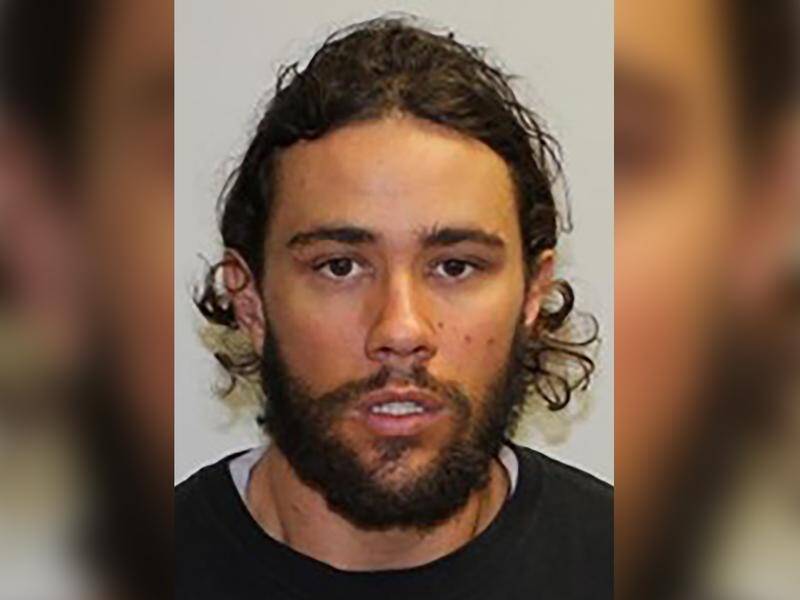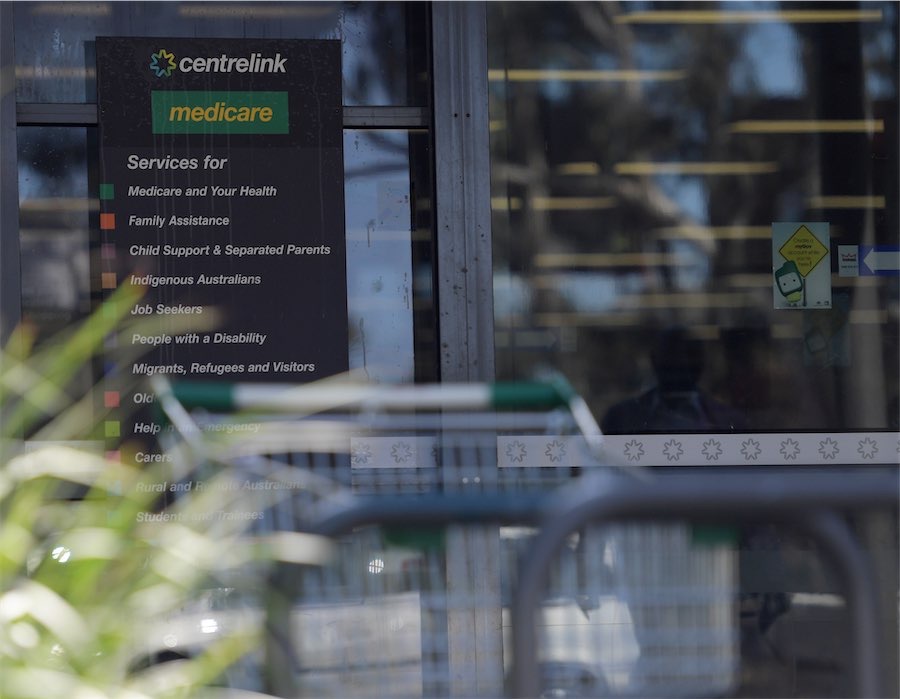THE murders of Karlie Pearce-Stevenson and Khandalyce Pearce are the worst local story I can recall.

However, it does answer in stark detail the oft-asked question: “What’s the worst thing that can happen to me if my identity is stolen?”
And the answer, right here in Canberra and not in some corner of a foreign field, is that the worst thing that can happen is this:
You can be killed for your welfare benefits as well as the money that can be scammed from your family, then your young child, after God knows what ordeals, can have their body stuffed in a suitcase and be dumped on the side of a road over a thousand kilometres away from your own corpse.
In terms of bad things that can happen to someone, that’s right up there.
In the blood-stained history of our world it probably doesn’t rate in the top 10 worst things that have ever happened to anyone. But it might well have been the worst thing that happened to any Australian in 2008.
Coming out of this case we can see a weird dichotomy. The best targets for identity fraud are the well to do and the very poor.
The wealthy are a simple enough proposition. When the bank robber Willie Sutton was asked why he robbed banks he reportedly replied: “Because that’s where the money is” (Willie denied saying it, but acknowledged it was a good point).
As for the poor? They’re often on some form of welfare. A small amount of money is deposited into their bank accounts every fortnight.
Welfare would be a nightmare to try and live on, but someone else’s welfare to supplement your own income? That’s a handy chunk of change.
Everyone in the middle is a less interesting target. Without significant on-call accounts to loot and an income dependent on making it into the office we’re largely just at risk of having large sums of money borrowed in our names.
Young mothers on welfare estranged from their families are at least somewhat uncommon.
Something we’re going to have to think about is the much larger population who receive regular payments without being required to go to a place of work.
I’m talking about retirees.
A lot of people would be vulnerable to these kinds of monsters, particularly those without family or close friends.
It might be an enormous imposition to regularly make a rigorous check of pension recipients, but there seems to be a new and enormous risk in automated electronic fund transfers over long periods of time.
ON another note, who would stay the night in the Belanglo State Forest? The forest’s Wikipedia page currently hosts the following disgruntled editor’s note:
“This article is about the forest. History should include when and why it was planted etc, not just whose bodies were dumped here.”
Who can be trusted?
In a world of spin and confusion, there’s never been a more important time to support independent journalism in Canberra.
If you trust our work online and want to enforce the power of independent voices, I invite you to make a small contribution.
Every dollar of support is invested back into our journalism to help keep citynews.com.au strong and free.
Thank you,
Ian Meikle, editor




Leave a Reply